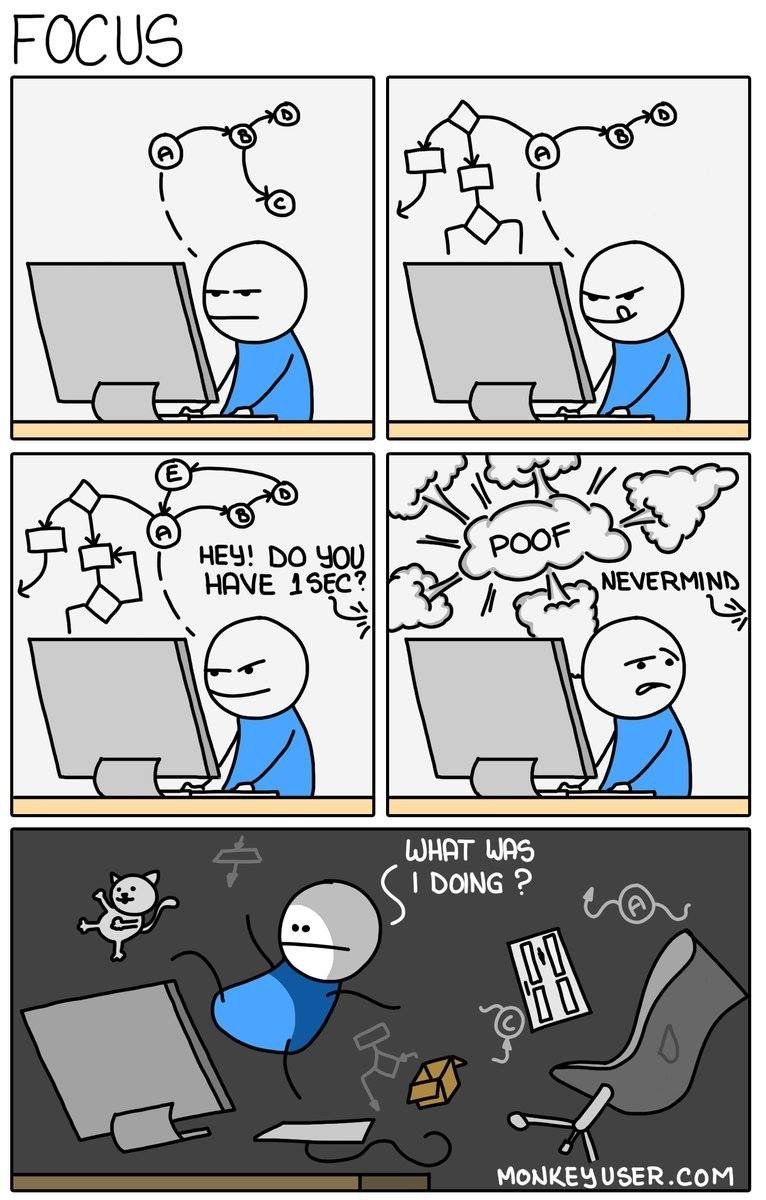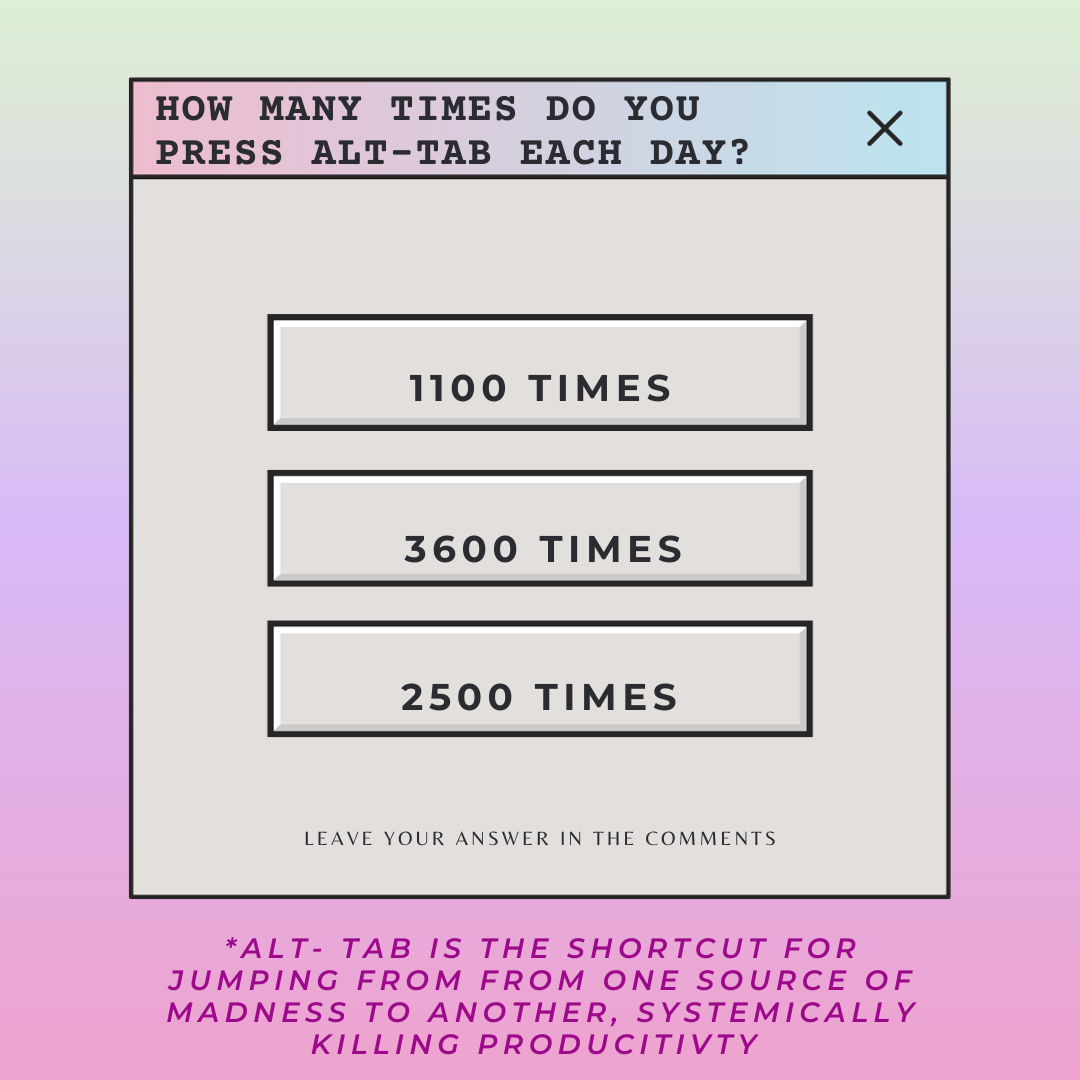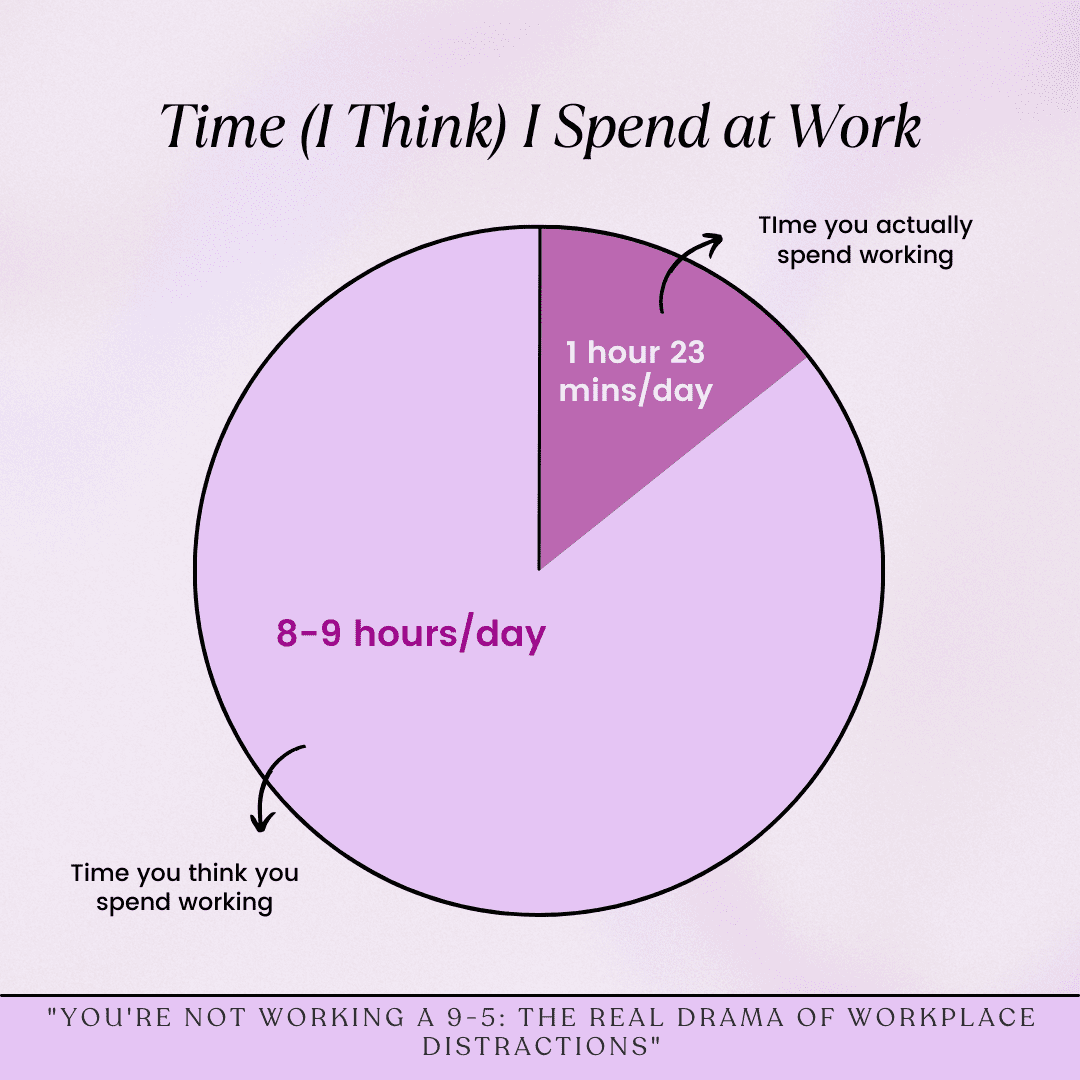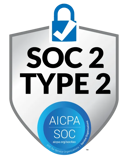The Unspoken Dangers of the Alt-Tab Economy
Team • 2024-01-21
Ever feel you're spending more time toggling between apps than actually working? Welcome to the Alt-Tab economy, where constant switching harms productivity and well-being. Studies show a 40% efficiency drop and a 10-point IQ dip due to context switching, taking over 23 minutes to refocus. It's like juggling with your attention span, risking errors and missed details.
Have you ever felt like you spend more time switching between different apps, tasks, and projects than working on them? If so, you are not alone.
Welcome to the Alt-Tab economy, where workers are constantly toggling between multiple screens, tabs, and windows, and hitting Alt-Tab comes as naturally as breathing.
This phenomenon of context switching is not only frustrating and confusing but also harmful to productivity, creativity, and well-being. According to various studies, context switching can reduce your efficiency by up to 40%, lower your IQ by 10 points,
Moreover, while you may think Alt-Tab takes less than 3 seconds, it takes an average of 23 minutes and 15 seconds to get back to the task you left incomplete.
It’s like trying to juggle flaming torches while playing musical chairs with your attention span. You will drop something, get burned, or miss a seat (or all of the above).
What does context switching look like?
Context switching can take many forms and affect different types of work. Let’s explore some common scenarios that we have all been part of and more often than not, bore the brunt of:
- Communication. Imagine you are writing an important email to your boss, and you get a Slack notification asking for your go-ahead on the event creatives. You switch to Slack to reply, and then you forget what you were writing in the email. You go back to the email, and you realize you have made some grammatical errors and did not attach the file you wanted to send. You fix the errors but forget to attach the file, and then you hit send. You later find out that not only did you forget to send the attachment, but you also missed sending it to a bunch of important stakeholders and changing the subject line.
- Collaboration. Imagine you are working on an important strategy presentation for C-level execs, and you get an email from a vendor with some updates on another project. You switch to the email to read the updates, and then you decide to reply with some feedback. You go back to the presentation, and you realize you have lost your train of thought. You try to remember what you were doing, and then you notice that you have mixed up the data and the graphics, or that you have left some slides blank, or that you have used the wrong template. You fix the mistakes, finish the presentation, and then submit it. You later find out that the presentation was poorly received, that it contained some errors, or that it did not address the main objectives.
- Learning. Imagine you are taking an online course to learn a new skill or topic, and you get a text message from a colleague asking you to join you on a ‘quick Slack huddle’. You switch to the text message to reply, and then you decide to join the call for a few minutes. You go back to the course, and you realize you have forgotten what you were learning. You try to resume the course, and then you notice that you have missed some important concepts, or that you have failed some quizzes, or that you have lost interest in the course. You complete the course and get a certificate, and then you move on to the next thing. You later find out that you have learned nothing, that you have retained nothing, or that you have wasted your time and money.
Combining all of these situations, we encounter on an everyday basis, over the course of an average day,a single employee would toggle between apps and windows more than 3,600 times. That’s … not good.
To add to this amusing number is the incremental mental energy that is consumed each time we hit Alt Tab to switch from window to another, resulting in quicker exhaustion and lowered processing capabilities.
About time we ask ourselves if Alt Tab helped us save more time or drained us of it?
How can we reduce context switching and improve focus?
Context switching is inevitable and sometimes necessary in our complex and dynamic work environment. However, we can reduce its negative impact and improve our focus by following some practical tips, such as:
- Redesign workflows for ‘batching’ - Identify which apps you toggle between the most and find ways to automate messages/actionables on these apps while you are away. Set a dedicated time to go through those messages and work towards completing them in one batch. Once the first batch of work is completed, only then must you allow yourself to move on to attending to the next ‘batch of messages’
- Set boundaries and expectations with your colleagues. Instead of responding to every notification and message immediately, set some rules and expectations with your colleagues on when and how you will communicate and collaborate. This way, you can avoid unnecessary interruptions and distractions and focus on your main task. For example, you can use the Do Not Disturb mode, the status messages, and the priority flags to indicate your availability and urgency.
- Prioritise work according to the 4X4 matrix - Once batched successfully, make sure to prioritize these batches of work as Urgent, Important, Not Important, and Delegate. Instead of jumping from one task or project to another, allocate some uninterrupted and dedicated time for your most important, complex, or creative work. This way, you can achieve a state of flow and concentration and produce high-quality and meaningful results. For example, you can use the Pomodoro technique, which involves working for 25 minutes, followed by a 5-minute break, and repeating this cycle four times.
What are your thoughts and experiences on context switching? How do you cope with it and improve your focus? Share your comments below, and let’s start a conversation. 😊





